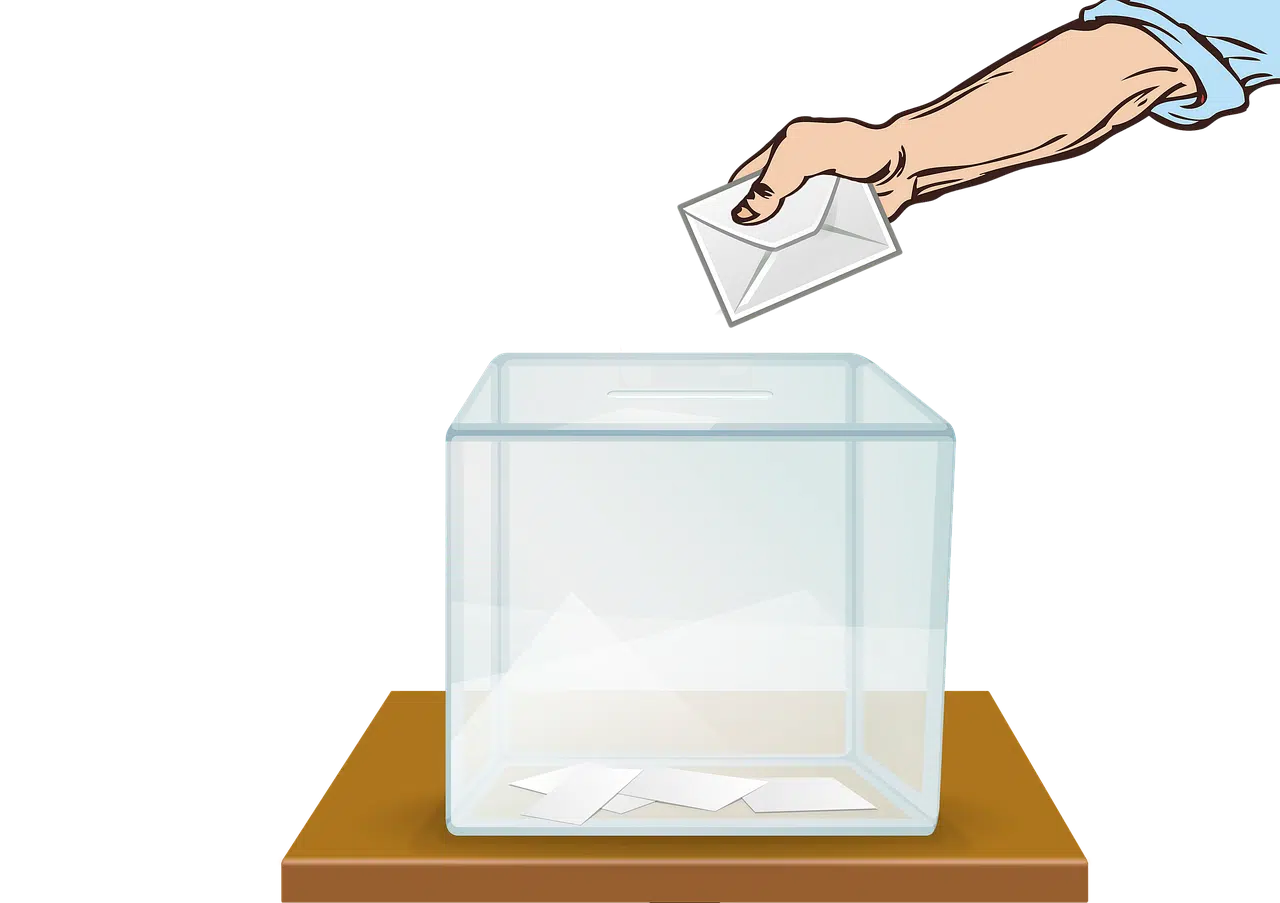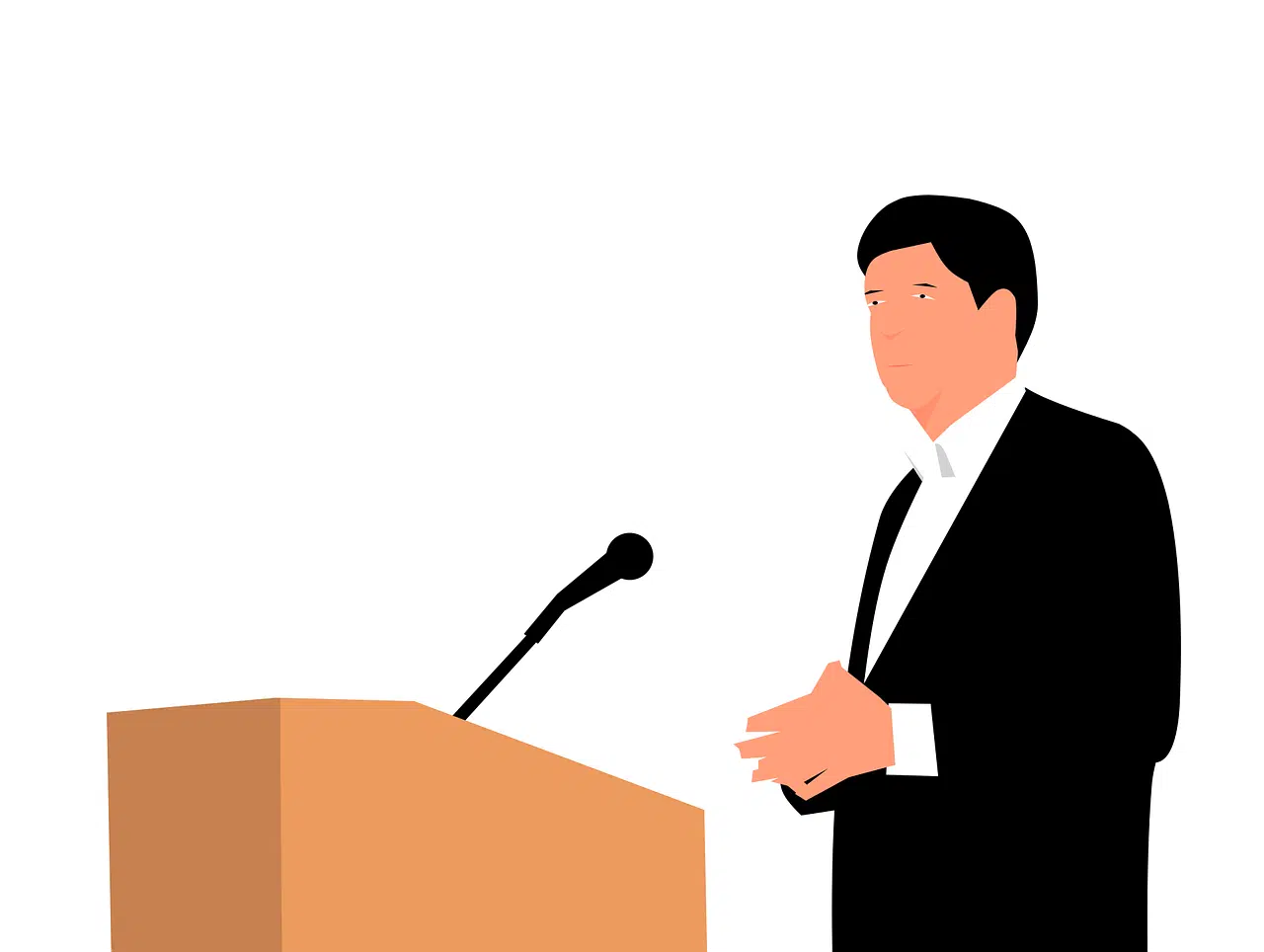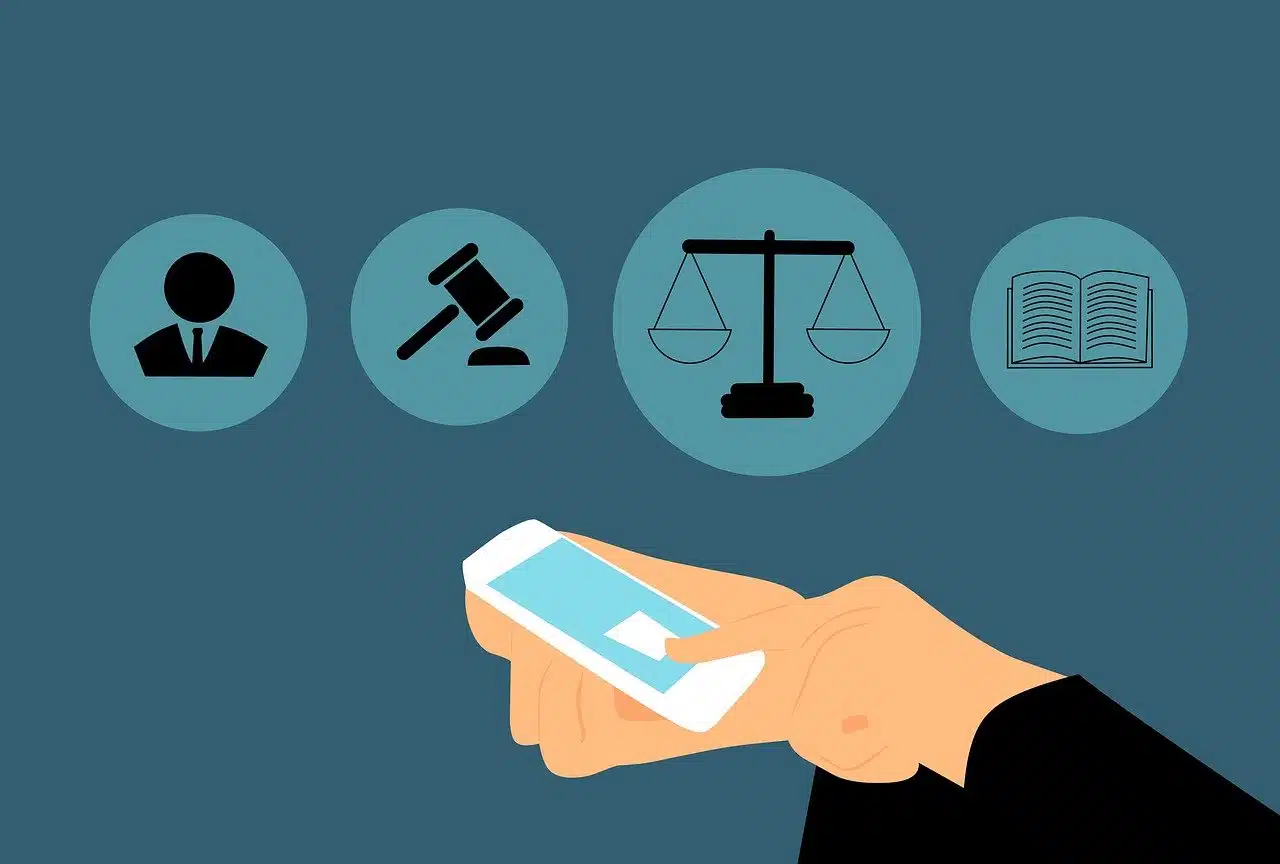
The separation of powers is essential in a democracy, which must be based on the rule of law.
Democracy is a political system that allows a group of individuals to be organized , in which power does not reside in a single person but is distributed among all citizens . Therefore, decisions are made according to the opinion of the majority through elections , where the people choose their representation in government bodies.
The concept has its bases in ancient Greek and is formed by combining the words demos (which translates as "people" ) and kratós (which can be understood as "power" and "government" ). The notion began to be used in the 5th century BC , in Athens .
Democracy is also understood as the set of rules that determine behavior for a politically and socially ordered coexistence . It could be said that it is a lifestyle whose bases are found in respect for human dignity, freedom and the rights of each and every one of the members.
Democracy as a form of government
In practice, democracy is a form of government and organization of a State . Through mechanisms of direct or indirect participation, the people select their representatives . It is said that democracy constitutes a social option where, according to the law, all citizens enjoy freedom and have the same rights , and social relations are established according to contractual mechanisms .
The classifications of government promoted by Plato and Aristotle still endure in their essence. While monarchy is the government that is concentrated in a single person , democracy is the government "of the multitude" ( Plato ) or "of the majority" ( Aristotle ).

In a democracy, political parties develop electoral campaigns so that their candidates can access the congress or senate or lead mayors or governorships, for example.
Classification according to type
There are several types of democracies, as established by the Constitution. When decisions are made directly by the people, we speak of direct or pure democracy ; An indirect or representative democracy refers to the system where decisions are made by those people whom the people recognize as their legitimate representatives , who are elected through suffrage by all citizens; and we are facing a participatory democracy when the political model allows citizens to organize to exert direct influence on public decisions.
The most common way in which democracy is exercised today is in representative systems ( representative democracy ), which can be presidential (with an executive branch with a well-defined head, as is the case of republics with the president, which is helped by ministers and secretaries), parliamentary (a group of people form the parliament around which government actions revolve and there is a president but he has restricted powers) or collegiate systems (a combination between parliamentary and presidential systems, where to the executive power It is made up of several people chosen by parliament, who take turns serving as presidents).
Some important concepts when talking about democracy are the referendum ( right of the people to reject or approve the provisions of the legislature), plebiscite ( voting in which the people respond to a proposal made by the government on state issues of fundamental interest: change politically, international issues such as border problems, etc.), popular initiative (the people present to the government a proposal on draft laws or issues of political or citizen concern), recall or revocation (the people can annul government decisions by through popular vote and has the right to remove certain officials if they do not perform their work well) and jury (the people make up the so-called popular juries to collaborate with the judiciary).

The idea of digital democracy or e-democracy refers to the use of technology to improve access to information, provide transparency and promote political participation .
Values associated with democracy
Beyond the distribution of State powers and citizen participation through universal suffrage and other mechanisms, democracy is associated with a series of values that are also linked to freedom and the intervention of the inhabitants in political life. .
Freedom of the press and freedom of expression are pillars of democracy. The media should not have conditions to inform and pluralism of opinions must be allowed.
Likewise, a democracy must endorse the existence of social movements and NGOs that are dedicated to activism to defend civil rights and promote gender equality, for example.
When there are coups d'état and dictatorships or regimes that turn to totalitarianism or authoritarianism are established, it is common for rights to be lost and the democratic functioning of society to suffer.
Popular sovereignty, freedom and equality
For a real democracy to exist, of any of the aforementioned types, it is necessary that three precepts be met: popular sovereignty , freedom and equality . The three words that define this lifestyle represented by a government chosen by the citizens.
Popular sovereignty ensures that all citizens as intelligent and free human beings have rights and can answer obediently before the bodies established in common agreement with the rest of the citizens. It should be noted that the word sovereign derives from a Latin term that means "he who stands above all others."
Freedom in a democratic State is legal and individual . The first refers to the right of the human being to act for himself with the complete right to decide about his actions, as long as his desire does not go against the laws (which have been accepted by the people unanimously). For its part, individual freedom refers to the essence of intelligent and free beings that every citizen possesses from the precise moment of their birth.
The equality proposed by democracy ensures that all citizens must have the same opportunities and the same duties before the law (legal equality).
Democracy, antonym of aristocracy
To close this definition, it should be noted that democracy is not an antonym of a tyrant regime ( dictatorship ), as is often believed, but of aristocracy . The aristocracy is a vertical political and social structure, where each citizen receives a number of rights and obligations depending on their social status. A democracy has a horizontal structure because the people have the power, although at first glance it is governed by a political person.
Unfortunately, democracy remains a precious commodity that is elusive . It is difficult to find a democracy that really works, mainly due to the lack of information and disinterest of the people , who conform to the laws and end up ceding their rights to the political group in power, which in its ambition for power and money, leaves Put aside words like plebiscite or recall and make decisions as if you were directing a monarchy or an aristocratic government. Democracy may not be the ideal form of government, if it is adapted to a liberal economic system such as the one that governs us, but it could possibly be much more advisable if it existed in a real way and not simply as a theory that never seems to be put into practice. .
